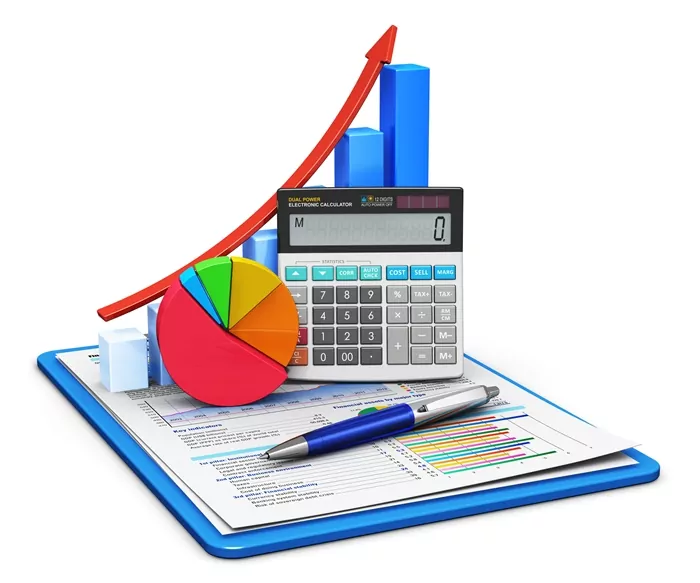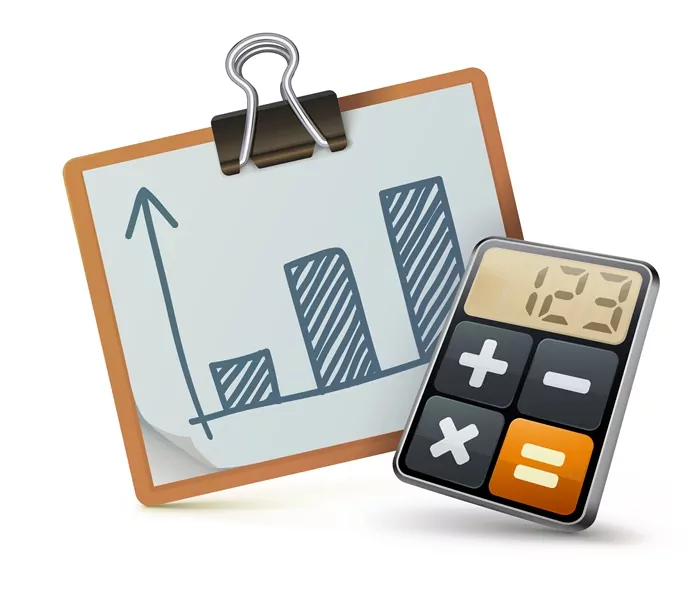Want to know How to Become an Accountant?
People usually ask : How many years does it take to become an accountant? What qualifications do you need to become an accountant? Answers to these questions are discussed below but before moving forward you need to ask yourself. Do you have a natural flair for numbers? Do you know your way around spreadsheets, charts and complex financial data? Are you nothing short of a connoisseur of the calculator? If yes, you could be a prime candidate for an outstanding career in accounting and finance!
What Do Accountants Do?
The primary duty of the accountant is to oversee and manage the accounts of the clients or business they work for. Along with controlling essential financial matters like tax contributions, profit & loss reports and so on, they play a key role in determining the company’s overall financial status and viability. Financial experts are routinely called upon to help with budgeting, long-term forecasting and generally optimising the financial performance of the business.
What does an Accountant Do? Explore tipical Accounting tasks and responsibilities.
While the exact duties of the accountant will vary in accordance with the setting they work in, typical tasks and responsibilities include:
-
Recording and analysing all company revenues and expenses
-
Conducting audits and overseeing payroll
-
Monitoring company accounts for evidence of fraud or poor performance
-
Advising executives on how to improve revenues and reduce loss
-
Filing tax returns and working to minimise required tax contributions
-
Analysing and exploring potential investment opportunities
Am I Right For the Job?
The most important skill required to make it as an accountant is high-quality numeracy. It is possible to pick up the majority of hard skills required along the way, but those who are naturally numerically-talented stand to excel in accountancy. Attention to detail is also of critical importance, as is an investigative nature and analytical thinking.
Additional traits and attributes of importance include:
-
The ability to work under pressure
-
Outstanding organisation and communication skills
-
A flair for problem-solving
-
Financial acumen
-
Flawless time-management skills
-
The ability to present complicated data in a simplified manner
Ongoing Progression
A qualified accountant working with an established accountancy firm or in-house for a business can expect to take home around £35,000. Senior accounts managers routinely earn more than £50,000 per year, while finance directors and executives may earn in excess of £100,000. For those who work freelance or set up their own businesses, potential earnings are largely limitless.
Professional Lifestyle
As accountants and financial professionals directly contribute to the success of the businesses they work for, it is a role of heavy responsibility and potentially outstanding rewards. Long hours and challenging deadlines are to be expected as standard, just as is dealing with challenging clients and scenarios when working as a freelance accountant.
“Maths was always my strongest subject, so getting into a financial career of some sort was a no-brainer. I get a huge kick from knowing what I do is helping several small business owners, since I made the decision to quit the accountancy firm I worked at and set up solo. There’s a lot of responsibility and late nights can’t be avoided, but the satisfaction of it all really is something else.” – Katherine Johnson, Freelance Accountant
Taking the Next Step
There’s no requirement to study accountancy to work in the field, though it can be extremely difficult to be taken seriously without the right credentials. A recognised qualification can make all the difference, both in terms of securing employment and attracting new clients if working as a freelancer.
Online Accounting Certificate Courses
Bristol Opus Leadership College is committed to providing only the very best distance-learning programs at a variety of levels. Study in your own time and at your own pace, for a recognised qualification that could change your career and your life.
Diploma in Accounting and Finance (level 4)
For the strongest possible start to your career in finance, our highest-level Accounting and Finance Diploma offers a comprehensive exploration of all aspects of accountancy.
Certificate in Accounting and Finance (Level 3)
We also offer an intermediate-level Accounting and Finance Course, which focuses on a number of key skills, industry insights and the technical training required to secure entry-level positions.
Accounting and Finance Course (Level 2)
Our foundation Accounting and Finance Course lays a solid foundation for further study, or may prove helpful for small business owners looking to master the basics.
For more information about our Accounting certificate/diploma courses and Free Courses, get in touch with the Bristol Opus Leadership College admissions team today.




